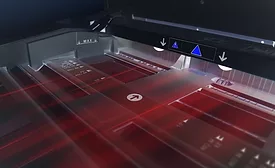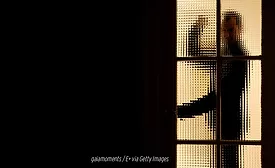Physical
Recognize. Respond. Survive. A new approach to workplace violence prevention
Take a proactive approach to preventing violence.
January 11, 2021
Sign-up to receive top management & result-driven techniques in the industry.
Join over 20,000+ industry leaders who receive our premium content.
SIGN UP TODAY!Copyright ©2026. All Rights Reserved BNP Media.
Design, CMS, Hosting & Web Development :: ePublishing












